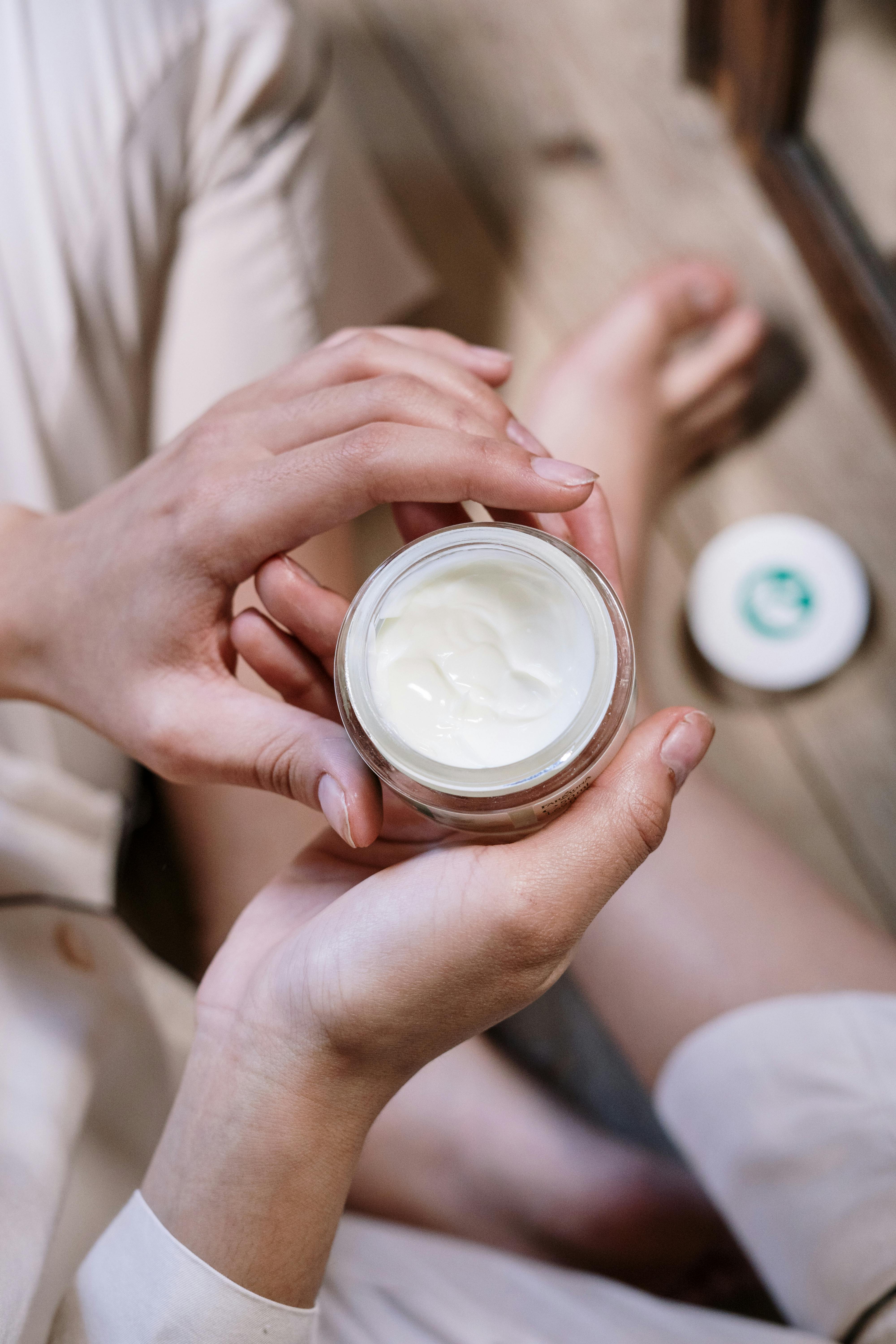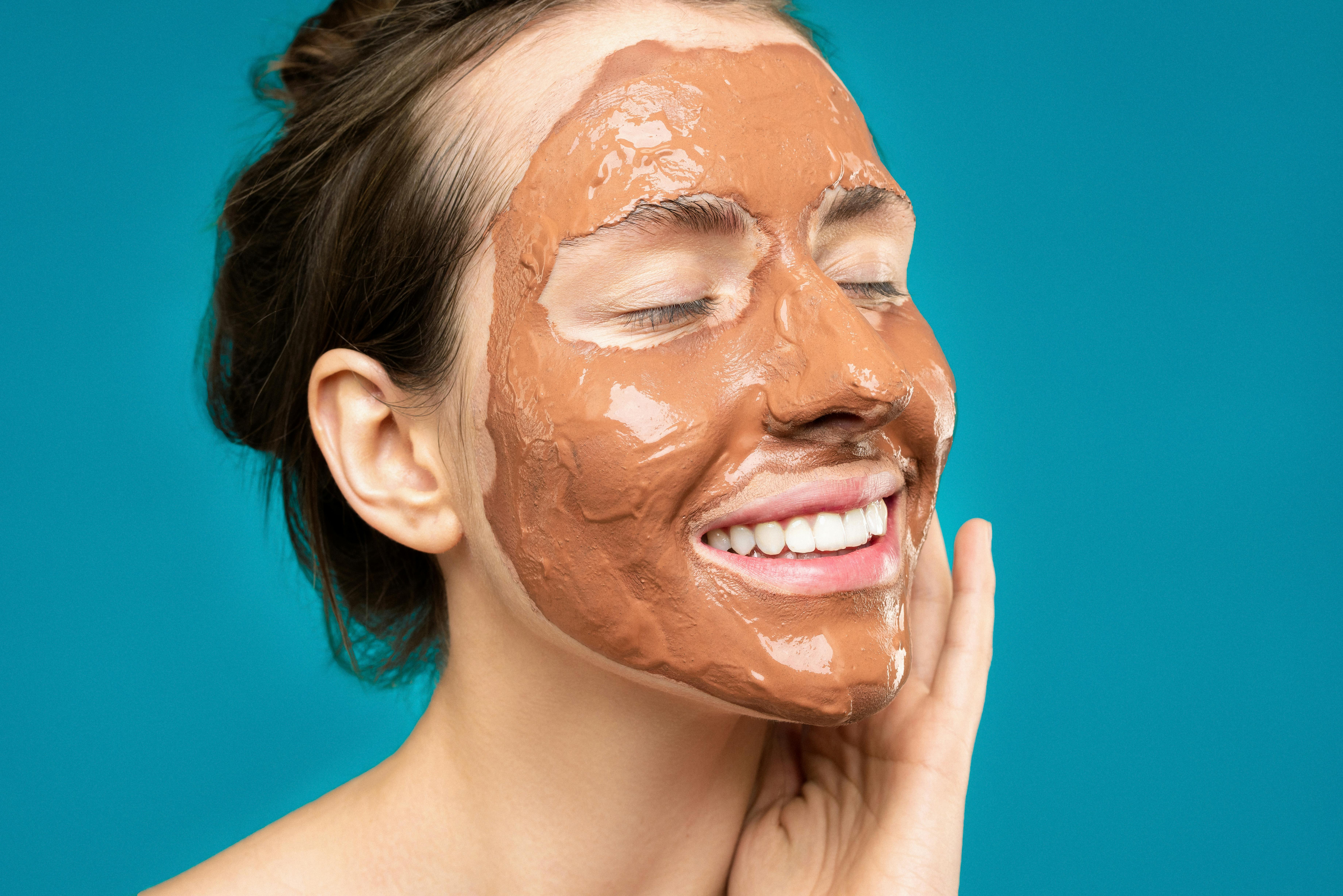Are you struggling to find the perfect balance between hydrating your skin and avoiding that dreaded oily sheen? Look no further! In this article, we will guide you through seven foolproof tips to keep your skin hydrated and glowing without the excess oil. Whether you have dry, combination, or oily skin, these tips will help you achieve that coveted healthy, hydrated complexion. Say goodbye to dullness and hello to radiant, hydrated skin!

This image is property of images.pexels.com.
Introduction
Welcome to the comprehensive guide on how to keep your skin hydrated without making it oily. Hydration is a key factor in maintaining healthy skin, but finding the right balance can sometimes be a challenge. In this article, we will explore different skin types and their hydration needs, as well as provide seven tips to help you keep your skin properly moisturized without adding excess oil. So let’s dive in and discover how to achieve a hydrated and radiant complexion!
Understanding the Hydration Needs of Your Skin
Before we delve into the tips, it’s important to understand the different skin types and their hydration requirements. The level of hydration your skin needs can vary depending on factors such as genetics, environment, and lifestyle choices. Let’s take a closer look at the various skin types and their unique characteristics:
Normal Skin Type
If you have normal skin, consider yourself lucky! This skin type is well-balanced, with just the right amount of oil production and hydration. Normal skin appears smooth, even-toned, and has tiny pores. It generally requires minimal effort to maintain hydration, making it easier to find suitable skincare products.
Dry Skin Type
Dry skin tends to lack moisture and often feels tight, especially after cleansing. It may appear rough, flaky, or dull, and is prone to fine lines and wrinkles. Hydration is crucial for this skin type, as it helps restore moisture and nourishment. Dry skin may benefit from richer, more emollient moisturizers.
Combination Skin Type
Combination skin is a combination of both oily and dry skin, with oiliness in the T-zone (forehead, nose, and chin) and dryness in other areas of the face. This skin type requires a delicate balance between hydration and oil control. It’s important to use products that hydrate without exacerbating oiliness in certain areas.
Oily Skin Type
Oily skin is characterized by excess oil production, resulting in a shiny and greasy appearance. Large pores, blackheads, and acne breakouts are common concerns for this skin type. While oily skin may seem adequately hydrated due to the natural oils, it still requires hydration to maintain overall skin health. The challenge lies in finding products that provide moisture without clogging pores or causing further oiliness.
Sensitive Skin Type
Sensitive skin is more prone to irritation and reacts easily to certain ingredients or environmental factors. It can be any of the above skin types but with heightened sensitivity. Hydration is essential for sensitive skin to help strengthen the skin barrier and soothe any redness or discomfort. Opting for gentle, fragrance-free products is crucial to avoid potential irritants.
Now that we have a better understanding of our skin types and their hydration needs, let’s explore seven tips to achieve well-hydrated skin without making it oily.
Tip 1: Choose the Right Moisturizer
The first step to maintaining hydrated skin is choosing the right moisturizer. Here are some key points to consider when selecting a moisturizer:
Look for oil-free or lightweight formulations
For oily skin types, choosing oil-free or lightweight moisturizers can help provide hydration without adding excess oil to the skin. These formulations are designed to absorb quickly and leave a matte finish, ensuring your skin stays hydrated without feeling greasy.
Consider gel moisturizers
Gel moisturizers are another excellent option for oily or combination skin types. Their lightweight and water-based formulas are easily absorbed into the skin, providing a burst of hydration without overwhelming the skin with heavy oils.
Opt for water-based moisturizers
Water-based moisturizers are great for all skin types, including oily skin. They are typically lightweight and non-comedogenic, meaning they won’t clog your pores. Look for moisturizers with ingredients like hyaluronic acid or glycerin, which help attract and retain moisture in the skin.
Use moisturizers with hyaluronic acid
Hyaluronic acid is a popular ingredient known for its excellent hydration properties. It attracts and retains moisture in the skin, keeping it plump and hydrated. Incorporating a moisturizer with hyaluronic acid can be beneficial for all skin types, as it helps balance hydration levels without making the skin oily.
Tip 2: Hydrate from Within
While topical skincare plays a vital role in hydrating your skin, don’t forget the importance of hydrating from within. Here’s how you can keep your skin hydrated from the inside out:
Drink plenty of water
One of the easiest and most effective ways to hydrate your skin is by drinking plenty of water throughout the day. Aim for at least eight glasses of water daily to replenish your body’s hydration levels, resulting in a healthy and glowing complexion.
Consume foods rich in water content
In addition to water, certain fruits and vegetables can also help hydrate your skin. Foods like watermelon, cucumbers, strawberries, and oranges have high water content, which not only provides hydration but also delivers essential vitamins and antioxidants for overall skin health.
Herbal teas and infused water
If you’re looking for a flavorful way to stay hydrated, herbal teas and infused water can be a refreshing and hydrating alternative. Caffeine-free herbal teas like chamomile or green tea are known for their skin-soothing properties, while infused water with fruits and herbs adds a burst of flavor and hydration.

This image is property of images.pexels.com.
Tip 3: Use Hydrating Face Masks
Face masks are a fantastic addition to your skincare routine, offering an intensive boost of hydration. Here are some tips to ensure you choose the right hydrating face masks:
Look for hydrating ingredients
When selecting a hydrating face mask, look for ingredients like hyaluronic acid, aloe vera, glycerin, or honey. These ingredients help replenish moisture, soothe the skin, and provide a plumping effect.
Choose sheet masks or overnight masks
Sheet masks and overnight masks are popular choices for hydration. Sheet masks are single-use masks soaked in a serum-like formulation that adheres to your face, allowing the active ingredients to deeply moisturize your skin. Overnight masks, on the other hand, are leave-on masks that you apply before bed and leave on overnight. Both options provide an intense hydration treatment for your skin.
Avoid masks with oil-based ingredients
For oily or acne-prone skin, it’s best to avoid hydrating masks with heavy oil-based ingredients, as they may contribute to clogged pores and increased oiliness. Instead, opt for masks with lightweight and water-based formulations to maintain hydration without adding excess oil.
Tip 4: Incorporate Hydrating Serums
Serums are concentrated formulations packed with active ingredients that penetrate the skin deeply, delivering hydration and nourishment. When selecting hydrating serums, keep the following in mind:
Look for hydrating ingredients
Similar to moisturizers and masks, hydrating serums should contain ingredients like hyaluronic acid, glycerin, or ceramides. These ingredients help attract moisture to the skin and restore its natural barrier.
Avoid serums with heavy oils
If you have oily or combination skin, it’s best to avoid serums with heavy oils, as they can make your skin feel greasy and contribute to excess oil production. Look for lightweight serums that provide ample hydration without leaving a heavy residue.
Consider hyaluronic acid serums
Hyaluronic acid serums are excellent multi-purpose products that can be used by all skin types. They offer intense hydration while plumping the skin, reducing the appearance of fine lines and wrinkles. Incorporating a hyaluronic acid serum into your skincare routine can help balance hydration levels without adding heaviness.

This image is property of images.pexels.com.
Tip 5: Exfoliate Regularly
Exfoliating is a crucial step in any skincare routine as it helps remove dead skin cells, allowing moisturizers and other skincare products to penetrate better. Here’s how you can exfoliate your skin without stripping away essential moisture:
Choose gentle exfoliants
When it comes to exfoliating, opt for gentle exfoliants like chemical exfoliants or mild physical exfoliants. Chemical exfoliants, such as alpha-hydroxy acids (AHAs) or beta-hydroxy acids (BHAs), help slough off dead skin cells without excessive scrubbing. On the other hand, physical exfoliants with soft beads or natural ingredients like rice bran are gentle on the skin.
Exfoliate 1-2 times a week
To avoid over-exfoliation and to maintain a healthy skin barrier, limit exfoliation to 1-2 times a week. Over-exfoliating can lead to dryness and irritation, causing the skin to produce more oil in response.
Avoid harsh scrubbing
When exfoliating, avoid harsh scrubbing or using abrasive tools that can damage the skin’s surface. Be gentle and let the exfoliant do the work. Scrubbing too hard can irritate the skin and potentially strip away natural oils, leading to further dehydration.
Tip 6: Protect Your Skin from Moisture Loss
Protecting your skin from moisture loss is essential for maintaining hydration levels. Here are some key tips to help prevent moisture loss:
Use a humidifier
If you live in a dry climate or spend a significant amount of time indoors with central heating or air conditioning, consider using a humidifier. Humidifiers add moisture to the air, preventing excessive evaporation of moisture from your skin.
Avoid prolonged exposure to hot water
Hot water can strip away the natural oils from your skin, leading to dryness and moisture loss. When cleansing your face or showering, opt for lukewarm water instead of hot water to prevent dehydration.
Protect your skin from harsh weather conditions
Extreme weather conditions like cold winds or intense sunlight can contribute to moisture loss in your skin. Protect your skin by wearing a scarf or a hat during cold winter months and applying sunscreen with a high SPF during summer to shield your skin from harmful UV rays.
Tip 7: Follow a Consistent Skincare Routine
Consistency is key to achieving healthy, hydrated skin. Implementing a consistent skincare routine helps maintain moisture balance and keeps your skin looking and feeling its best. Here are the essential steps to include in your routine:
Cleanse your skin properly
Start your skincare routine by cleansing your skin with a gentle, hydrating cleanser. Avoid harsh cleansers that can strip away natural oils, potentially leading to dryness and dehydration.
Tone your skin
Toning your skin after cleansing helps remove any residual impurities while balancing the skin’s pH levels. Opt for a hydrating and alcohol-free toner to provide an added layer of hydration.
Moisturize daily
Apply a suitable moisturizer for your skin type every morning and evening. Choose a lightweight, oil-free moisturizer for oily or combination skin, and a richer moisturizer for dry or mature skin. Ensure the moisturizer contains hydrating ingredients to lock in moisture and keep your skin supple.
Protect your skin with SPF
Regardless of the weather or skin type, it’s essential to protect your skin from harmful UV rays. Apply a broad-spectrum sunscreen with a minimum SPF of 30 every morning before heading outside. This helps prevent premature aging, sun damage, and moisture loss.
By following these seven tips and tailoring them to your specific skin type, you can achieve well-hydrated skin without making it oily. Remember, finding the right balance is key, so be patient and take the time to experiment with different products and techniques until you discover what works best for you. Here’s to a happy, hydrated, and radiant complexion!




